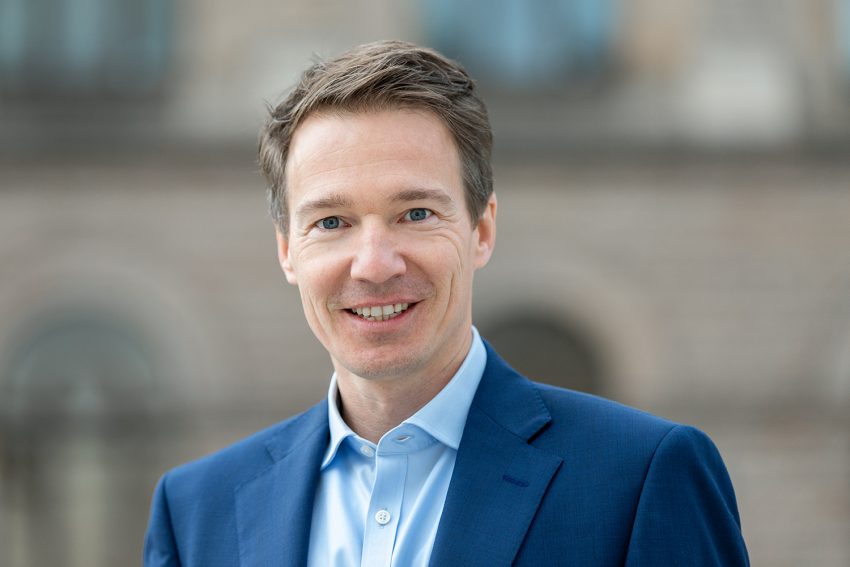“Marketing is much more than just advertising!” Professor Christof Backhaus is the new head of the Institute of Marketing
He has fond memories of his time as a postdoctoral researcher at Technische Universität Braunschweig. Now, after ten years in the UK, Professor Christof Backhaus has returned to head the Institute of Marketing. One focus of his research is on issues surrounding the transition to more sustainable mobility. In this interview, Christof Backhaus explains how marketing research can help and which projects he will be focusing on in the near future.

Professor Christof Backhaus is the new head of the Institute of Marketing. Photo credit: Kristina Rottig/TU Braunschweig
Professor Backhaus, why did you choose TU Braunschweig?
TU Braunschweig offers very good opportunities for practical and interdisciplinary research and focuses on relevant and exciting topics – especially mobility and the “city of the future”. However, the decisive factor was probably that I had already spent two years as a postdoctoral researcher at TU Braunschweig a good ten years ago and had already felt very much at home at TU and in Braunschweig. I was therefore delighted to be offered the opportunity to succeed Professor Wolfgang Fritz at the Institute of Marketing. Wolfgang Fritz and his team have done an outstanding job over the past 30 years, and I will do my best to continue this work.
What exactly do you do in your research? How would you explain your work to someone unfamiliar with the subject?
Marketing is often equated with “advertising”, but it is much more than that! In general, marketing is concerned with how products, services and also the relationships that companies have with customers, employees, suppliers and other stakeholders can be designed in a way that creates value or makes sense. In my work I investigate – usually using empirical social research methods – the effects of one or more design instruments on the perception and behaviour of potential or current customers, employees or value creation partners.
What are the main research areas and projects you will be working on at TU Braunschweig?
At the Institute of Marketing we work in the areas of innovation and technology marketing, sustainability marketing and relationship marketing. At the interface between these areas, we focus on issues related to the transformation towards more sustainable mobility. In the corporate context, for example, we look at the use of mobility budgets and ways to better integrate active forms of mobility, particularly cycling. With regard to more sustainable private mobility, we are investigating, among other things, the importance of urban mobility services for users’ perceptions and mobility behaviour.
What motivated you to conduct research in this area?
In terms of both the production and consumption of services, continuing as before is not an option – we need a transformation towards sustainable or at least more sustainable solutions. Our mobility is a key lever here. Marketing research can provide particular support in two areas: on the supply side by improving existing and developing new mobility services so that they represent attractive alternatives for users. And on the demand side, by creating a change in awareness of the positive effects that a shift towards more active mobility entails – for the environment, companies, society and not least ourselves as individuals. This is where I try to make a contribution with my research.
What does your day-to-day work look like in three key words?
Dialogue, data analysis, documentation
